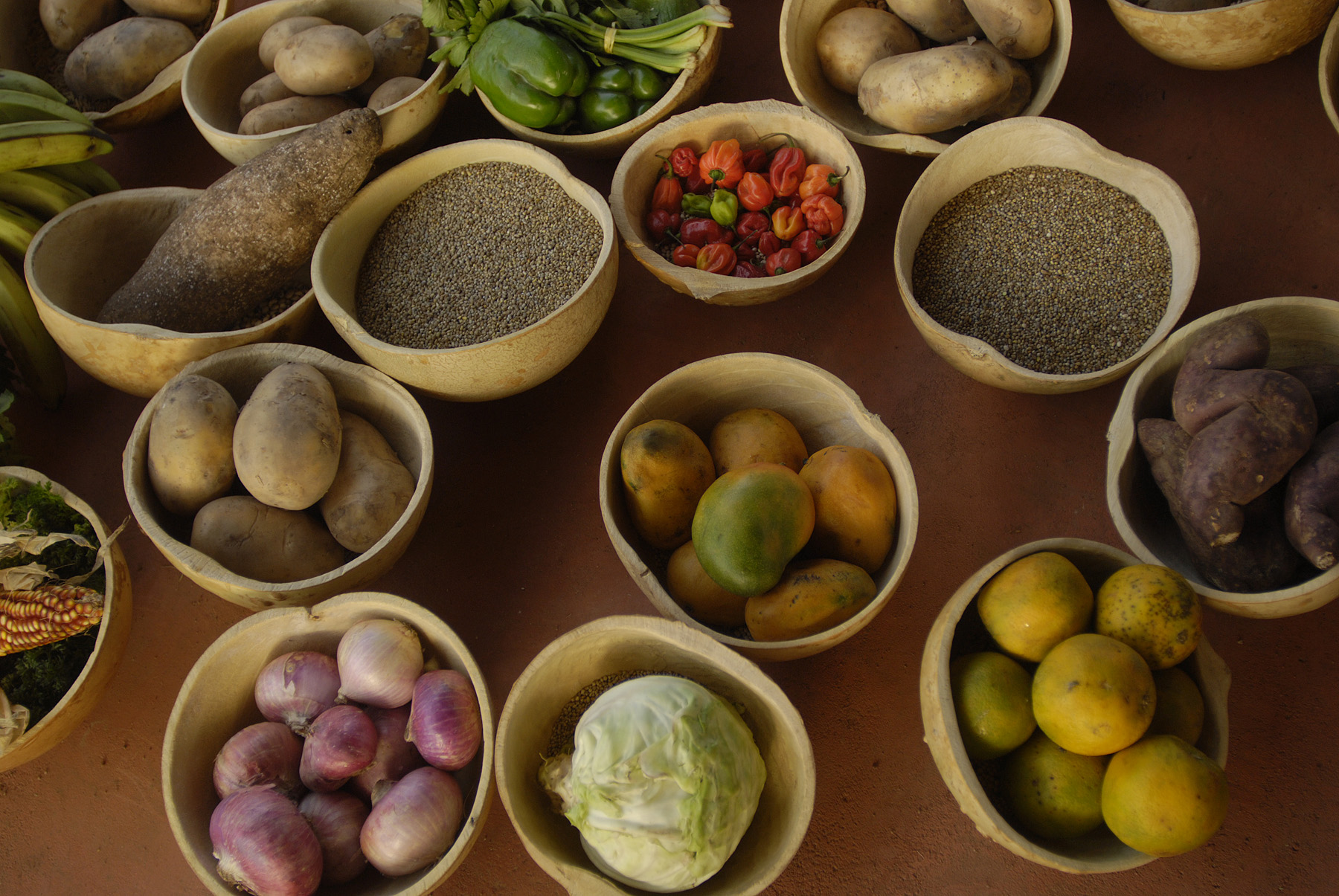Reclaiming the Food System: Experiences from the Instituto Agroecologico Latinoamericano (IALA), María Cano, Colombia

Industrial agriculture has been one of the key contributors to global warming and consequent climate disasters worldwide. In 2014, 44-57% of global greenhouse gas emissions were produced by industrial food production; principally from deforestation, transportation of products, their processing and refrigeration (GRAIN, 2014). Numerous food system scholars, including Gliessman, have highlighted the multifaceted nature of this problem, which requires nothing short of a systemic overhaul and a conversion towards territorially rooted, agroecological farming. Among many other characteristics, this involves the use of inter-cropping, organic inputs, small-scale farming that looks to boost and support biodiversity and conserve natural resources.
This paper will focus on the case of the Instituto Agroecologico Latinoamericano (IALA) María Cano in Colombia, which aims to use knowledge as resistance in an epistemo-political struggle against industrialised agriculture. The IALA model is a Pan-Latin American project, promoted by the transnational peasant organization La Vía Campesina (LVC), to attain Food Sovereignty through agroecology. The aim of the school and others like it is to unite knowledge production, with practice, community engagement and political formation, to preserve subaltern ways of knowing and doing agriculture. The essay will theoretically outline the phenomenon of industrial agriculture, the impact this has on societies and ecologies, as well as the overarching epistemologies that maintain this. It will then move on to review agroecology as a possible corrective to the expansion of this model of production and accumulation, as well as a healer of its consequent knowledge rifts (McMichael & Schneider, 2010)- defined as the removal of context specific knowledge of local ecologies and realities.
(This is the synopsis of an article published in Alternautas and written by Jaskiran Kaur Chohan . To read the full version, click here)
Cover Image: Tineke D’Haese
